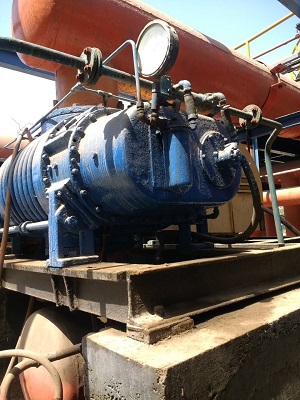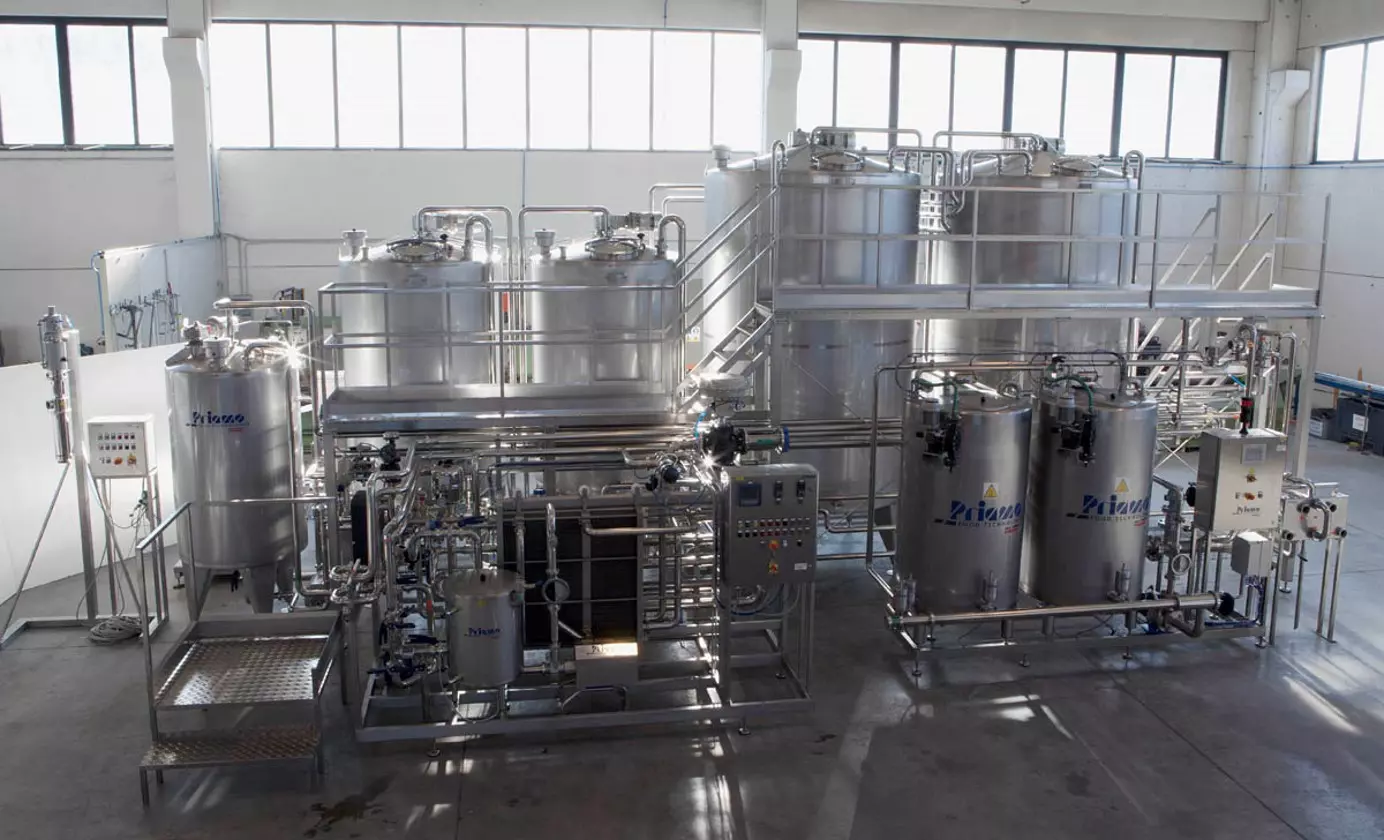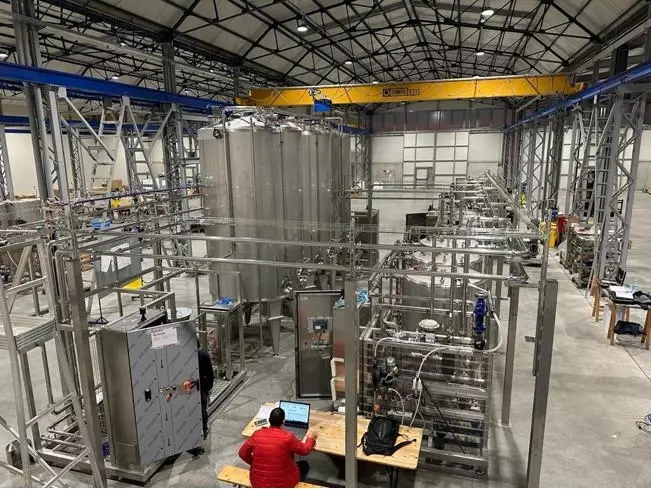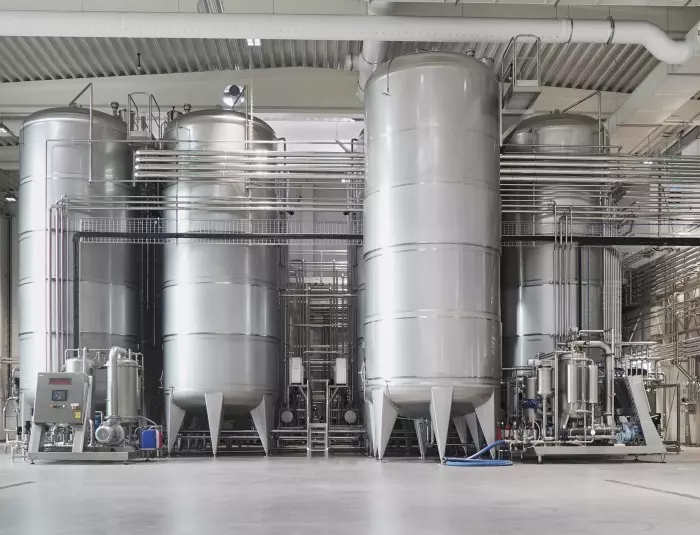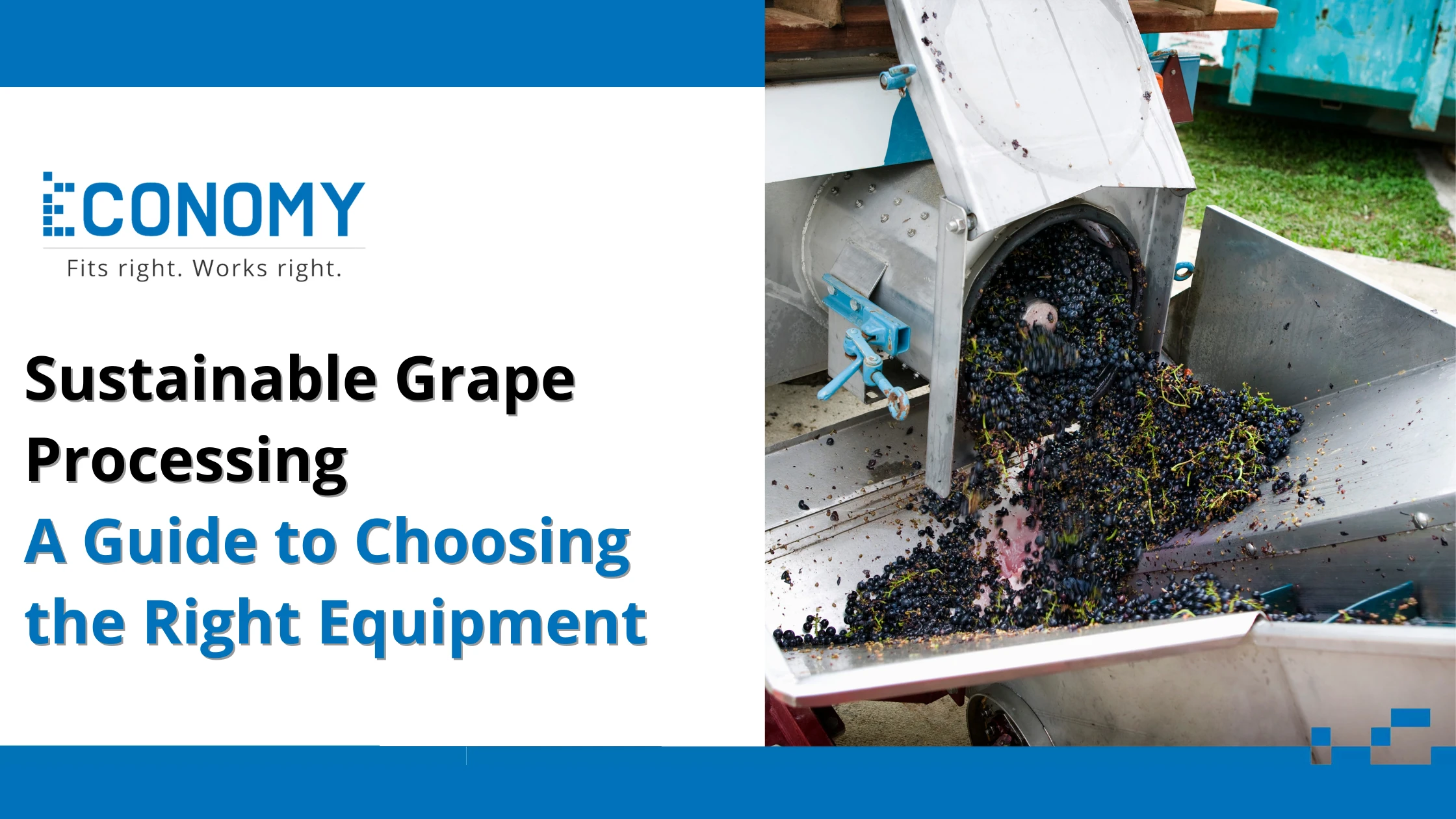
Sustainable Grape Processing: A Guide to Choosing the Right Equipment
Sustainability has established itself as a very important concept throughout the topicalities of various industries. The wine industry is receiving no exception to this. With great attention to environmental unfairness and climate alteration, wineries are trying to escalate performance in several ways to incorporate the practice of sustainability in their upbringings.
One of the most relevant areas needing reform is grape processing, a necessary stage in winemaking. The means of selection of appropriate grape processing equipment will guarantee the production of high-quality wines, thereby rendering the whole practice of winemaking more sustainable in conserving nature for future generations.
Why Sustainability Matters to Grape Processing?
Importance of Sustainable Practices in Grape Processing
Grape processing is inversely the most labour-consuming stage during winemaking. It includes crushing, pressing, fermenting, and filtering. This conventional method is often responsible for much energy waste, heavier wastewater loading, and really excessive water usage. By practicing sustainability, wineries can minimize the environmental impacts of their operations while retaining an efficient business operation.
Environmental Impact of Traditional Grape Processing
They consume a huge amount of electricity and water, while also generating a huge amount of waste materials such as grape pomace and wastewater that can cause damage to the ecosystems if they are not handled appropriately. Such practices release greenhouse gases and exhaust finite resources, thereby highlighting a more than urgent need for sustainable alternatives.
Benefits of Eco-Friendly Equipment for Wineries
Sustainable grape processing equipment offers a host of benefits. By minimizing energy use, reducing waste, and conserving water, eco-friendly systems help wineries lower their carbon footprint. They also improve production quality in winemaking, enhance operational efficiency, and tend to enhance responsible usage of natural resources. Moreover, ushering in sustainable equipment is in line with the constant demand from consumers for products that are deemed environmentally friendly, thus increasing a winery's market value.
Key Considerations When Choosing Grape Processing Equipment
What to Look for in Sustainable Grape Processing Equipment?
In choosing equipment that is going to make wine production sustainable, this could make a very critical weight of any winery's decision. The focus should be on equipment that supports operations that would lessen a winery's impact on the environment, without sacrificing performance and product quality.
Energy Efficiency and Low Power Consumption
Energy efficiency must be a basic criterion for any sustainable equipment. Machines designed with energy-efficient features, such as variable speed drives and better insulating materials, cut down remarkably on power that's consumed during grape processing. Prioritizing energy-efficient options would surely reduce operational costs for wineries, hence contributing to cleaner air.
Durability and Longevity
Investing in durable and long-lasting equipment is another key consideration. High-quality machinery is an assurance of consistent performance, is lower in terms of replacement frequency, reduces waste, and conserves resources. Durable equipment also needs to be made from recycled or sustainable materials and should come with a solid warranty.
Waste Management and Reduction Capabilities
Effective waste management is essential in sustainable grape processing. Equipment with integrated waste reduction systems, such as pomace compactors or water recycling units, helps wineries minimize their environmental footprint. Such systems allow for the reuse of byproducts and wastewater, turning potential waste into valuable resources.
Types of Grape Processing Equipment for Sustainability:
Sustainable Equipment Options for Grape Processing
The wine-making industry is presenting manifold advancements in equipment supporting sustainability practices, thus covering all manufacturing processes from pressing to fermentation.
Eco-Friendly Pressing System
Modern grape presses with pneumatic or hydraulic mechanisms give leeway to these systems, controlled by promoting juice extraction, conserving energy, and reducing waste. Such systems are designed to maximize yield and minimize environmental impact, thus supporting sustainable winemaking.
Crossflow Filtration Units
Crossflow filtration technology is entering a new era in the wine industry, bringing with it a new standard of efficient energy-saving filtration. It requires no disposable filter, very little water, and produces only a small amount of solid waste. The eco-minded wineries would do well to happen upon this multi-purpose solution.
Advanced Cooling and Fermentation Systems
Cooling and fermentation are energy-intensive processes in winemaking. Sustainable cooling systems utilize advanced insulation and renewable energy sources to maintain precise temperature control with minimal energy use. Similarly, automated fermentation tanks equipped with smart monitoring systems optimize fermentation efficiency, further reducing environmental impact.
Benefits of Sustainable Grape Processing Equipment:
Why Invest in Eco-Friendly Grape Processing Equipment?
The decision to invest in sustainable equipment extends beyond environmental benefits. For wineries, it represents a commitment to innovation, quality, and long-term profitability.
Reducing Energy Costs in Wine Production
Eco-friendly equipment helps wineries achieve significant cost savings by reducing energy consumption. Combined with the attractive incentives and tax rebates offered by green technology, the reduction in utility costs guarantee high returns on investment. Besides that, concerns for sustainable practices tend to attract eco-friendly customers, which promotes brand loyalty and market competitiveness.
Innovations in Sustainable Grape Processing Technology:
Latest Trends in Eco-Friendly Grape Processing
Wineries are now getting a completely new set of unique technologies for the environment and sustainability while keeping productivity as their goal.
Automation and Smart Systems
Automation is a revolution within grape processing and gives wineries a real game plan for not only energy savings and optimized operations but allows the use of intelligent systems incorporated with sensors and AI to monitor and adjust in real-time-determined-ever for optimal efficiencies applied in the most optimized resource-saving way possible. The changes brought about by this ensure reduced operating costs, hence paving the way for sustainable living.
Case Studies: Successful Implementation of Sustainable Equipment
Real-Life Examples of Sustainable Grape Processing
Several wineries worldwide have embraced sustainable grape processing with remarkable success. For instance, a vineyard in California implemented crossflow filtration and solar-powered cooling systems, reducing its water and energy usage by 40%. Similarly, a European winery adopted automated pressing systems and waste recycling units, achieving significant environmental and financial benefits. These examples underscore the viability and advantages of sustainable practices in the wine industry.
Steps to Transition to Sustainable Grape Processing:
How to Implement Sustainable Practices in Grape Processing
Transitioning to sustainable grape processing requires careful planning and execution. Start by conducting a thorough assessment of existing equipment and processes to identify areas for improvement. Consider upgrading to energy-efficient machines and incorporating waste management systems into operations. Collaborate with equipment manufacturers and Work hand in hand with equipment manufacturers and sustainability experts to create a plan specific to your winery and budget.
Assessing Current Equipment and Processes
Commence with evaluating the efficiency and environmental impact of your current equipment for processing grapes. Identify old or inefficient machines that consume excess energy and create too much waste. This evaluation will influence your thinking and guide prioritized investments in sustainable solutions.
Conclusion:
The Future of Sustainable Grape Processing
Sustainable grape processing is not an indulgence but an essential part of the daily practice for wineries, those committed to environmental ideologies and future sustainability. This reduces carbon footprint, ensures the winery performs its tasks more efficiently, and helps to cater to increasingly numerous eco-sensitive customers. And although it requires significant investment and commitment to changeover to sustainable practices, it makes all the difference.







